In the last few decades, the e-commerce industry has experienced a surge in growth. Because of the internet’s power, most individuals today consider online shopping to be their first choice if they need to buy something. It has almost completely superseded traditional shopping methods. E-commerce solutions have progressed from small-scale business to webpreneurship. There’s no greater moment than now to dive into this exciting market. While the e-commerce business offers numerous benefits, the implementation of improved best ecommerce security best practices enhances its value to customers. Why are we talking about that? Why ecommerce security has become so much relevant? Let’s see. The digital landscape has been a hotbed of cybercrime and a primary target for cybercriminals. Many unlawful internet transactions and security breaches threaten the industry. You will be surprised to know that ‘In 2019, the number of cybercrime incidents exceeded 31,000 cases worldwide, and the global number of data breaches with confirmed data loss rose to almost 4,000 that year.’[Statista] It’s not easy to keep your e-commerce business safe. There are simple yet effective methods for safeguarding your store from internet fraudsters and ensuring the privacy of your customers’ information.
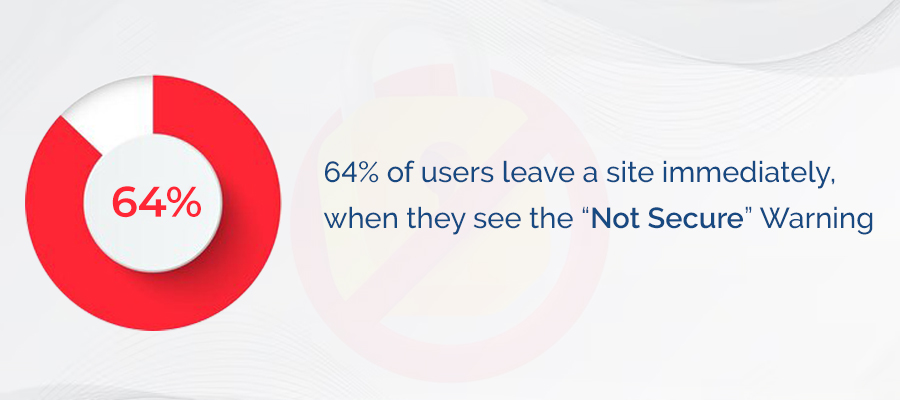
Things To Know Before You Start With Our Discussion On Ecommerce Store Security:
What is ECommerce Security?
Ecommerce Security is a process or you can say it’s a practice. By following with ecommerce security hacks, you can install robust security features and safeguard your ecommerce shop from any kind of cybercrime or vulnerabilities. This practice also uplifts the shopping experience and creates a safe environment for online shoppers.
Why Ecommerce Security is So Important?
Security is one of the USPs for ecommerce brands. Customers prioritize brands that give total security and transparency while collecting sensitive data. Hence, security features play a crucial role in the user experience of an ecommerce brand. Do you know? ‘INCREASE IN MONTHLY BOT ATTACKS FROM 2020 TO 2021 13%’. That means Whether small brands or large enterprises, ecommerce security is equally critical irrespective of niches and brand sizes. The small brand website has become a soft target due to their inconsistent and weak ecommerce security measures.
ECommerce Website Security Tips
Here are some easy-to-follow guidelines for safeguarding your online business and preventing cybercrime in any way possible from expert bespoke e-commerce solution providers.
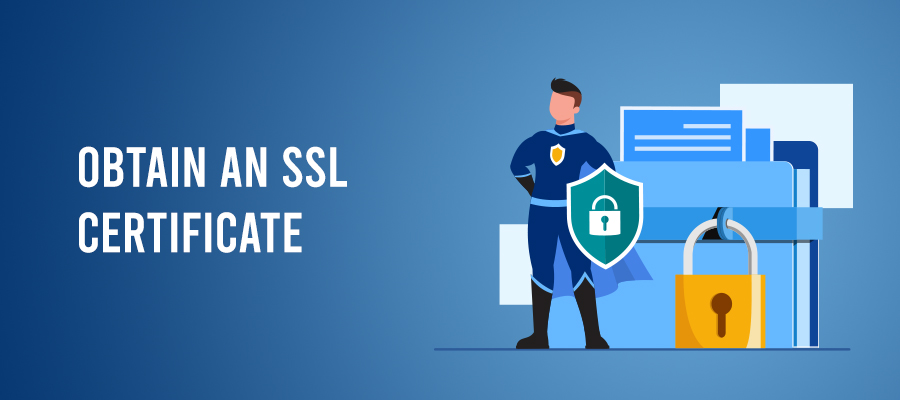
Obtain an SSL Certificate
This ensures that all sensitive information, such as credit card and bank account numbers, is transported across the network in an encrypted format. Data that is encrypted is less likely to be intercepted, making it more difficult for hackers to get access to your store. An added benefit is that websites with an SSL certificate rank higher in search engines and receive more online visitors.
Conduct Frequent SQL Checks
SQL injection is a common threat on ecommerce websites. This web hacking technique damages your ecommerce website database and opens sensitive data to vulnerabilities. Hence, performing frequent SQL checks is important. It will help you to keep your website safe from data hacking and increase website security. Website-building platforms offer different Scanning tools. Use these free tools, or any software to conduct SQL checks regularly.
Keep Your Website Patched and Updated
Make sure to update your ecommerce website on time. As an updated website includes robust security features and recent security patches. System up gradation will fix any issues to your website with vulnerabilities and security patches will fix bugs or other vulnerable plugins.
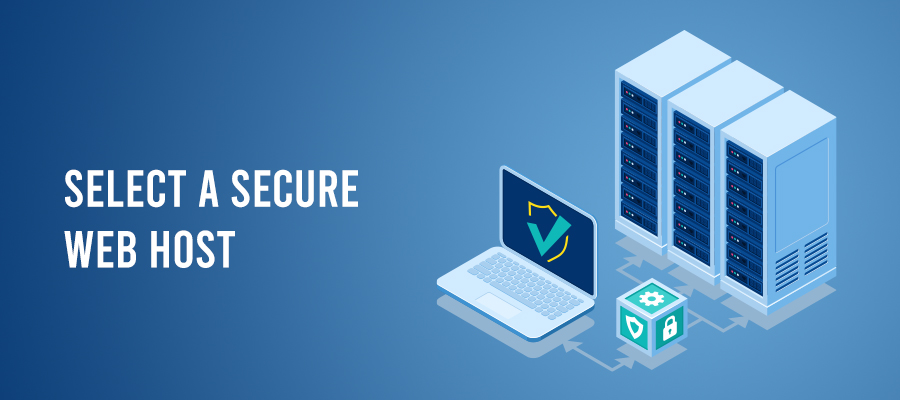
Select a Secure Web Host
Build an ecommerce website with an ecommerce building platform that offers a secured web host against SQL injection or other malware threats. Make sure to consider this point to start ecommerce building on the right note.
Make a Security Investment
Make a point of allocating some of your resources and time to security. Protect your online store with a firewall and penetration testing software. Rather than purchasing many tools to address each security requirement, invest in a single piece of software that has advanced features to protect your website.
Make Safe and Encrypted Integration with Experts
Data processing and encrypted third-party web tools and payment gateway integration are the two most complex things while developing an ecommerce website. Pass on both tasks to experts to bring safety and efficiency.
Make Your Business PCI Compliant
The PCI SSC was formed by major credit card firms from around the world (including American Express, Mastercard, Visa, Discover, and JCB) (Payment Card Industry Security Standards Council). They’ve established the PCI-DSS (Payment Card Council data security standards) as a collection of principles for firms to follow in order to avoid fraud. It is made up of twelve primary requirements and various sub-requirements that evaluate a company’s security procedures. These rules are closely followed for a variety of reasons.
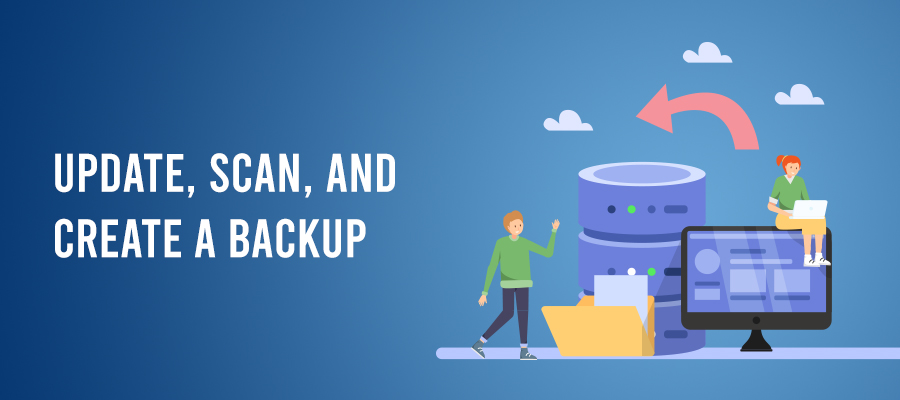
Update, Scan, and Create a Backup
Make sure that all of the software is up to date and that everything is working properly. CMS, plugins & extensions, themes, operating systems, tech stack, and so on should all be updated for a smooth ecommerce solutions on a regular basis. Additionally, search for malware and other signals of danger on a regular basis. According to IBM, it takes an average of 197 days for a company to detect a breach! The hacker has 197 days to delete all data and put your organization in shambles. Scanning at regular intervals can assist you not only find the hack, but also remove it while there is still time. After that, make a complete backup of your data.
CVV Verification for Secure Payments
The three or four-digit figure on the backside of a credit card is known as the Card Verification Value (CVV). The CVV value is required to guarantee that the individual making the transaction genuinely owns the credit card being used. As a result, even if hackers obtain the credit card number, the transaction cannot be completed.
Install Anti-Fraud Software
You could also scan and identify fraudulent behavior in your store using anti-fraud technologies. Proxy discovery, browser device fingerprinting, geo location, and more are all possible with these anti-fraud technologies available to safeguard the functioning and safety of your e-commerce solution or say website.
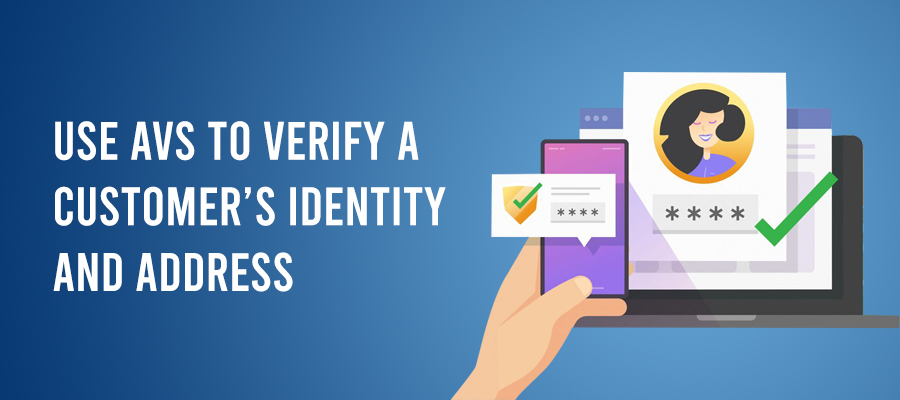
Use AVS to Verify a Customer’s Identity and Address
Fraud orders can be detected by verifying the customer’s identity and address. You can do this with the help of an AVS (Address Verification System). By comparing numerical values, an AVS compares the billing address to the address contained in the credit card company.
Install Website Application Firewall (WAF)
Install a Web Application Firewall to protect your ecommerce web’s web application from cyber threats like hacking, malware, etc. A firewall application safeguards web applications from Cookie poisoning, XSS, SQL injections, and others. It also saves your website from unwanted HTTP and malicious web traffic using Using the HTTPS protocol to encrypt all pages. It also enables data encryption in the payment information pages and assists to develop confidence between merchants and their consumers.
Get End-to-End Tailored eCommerce Development Services Now
Ecommerce Security Checklist
What we have learned so far, let’s note down in an on the go checklist, let’s start then:
- Wisely choose an ecommerce building platform
- Make your ecommerce site encrypted with SSL citification
- Turn on unique methods of 2-step verification processes
- Don’t store customer data until it is very important.
- Make sure to give admin rights only to the crucial ones.
- Create website backup with a resilient database.
- Regularly conduct website audits and track web applications and plugins.
- Perform daily SQL checks
- Install web application firewalls, antivirus, scanning tools, and malware detection software.
Summary
It only requires a cautious implementation of e-commerce security measures to conduct business without fear. Follow the advice in this blog and your e-commerce will be safe. Otherwise, outsource the whole security-enhancing work to an expert team e-commerce website development team to skyrocket your ecommerce sales!


